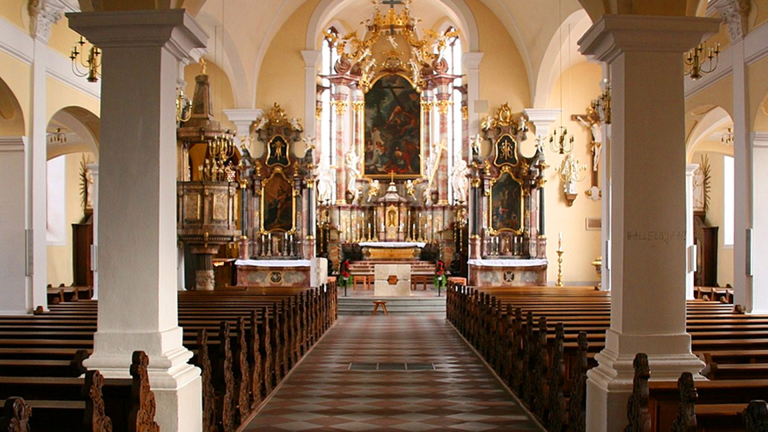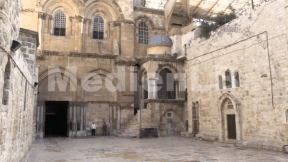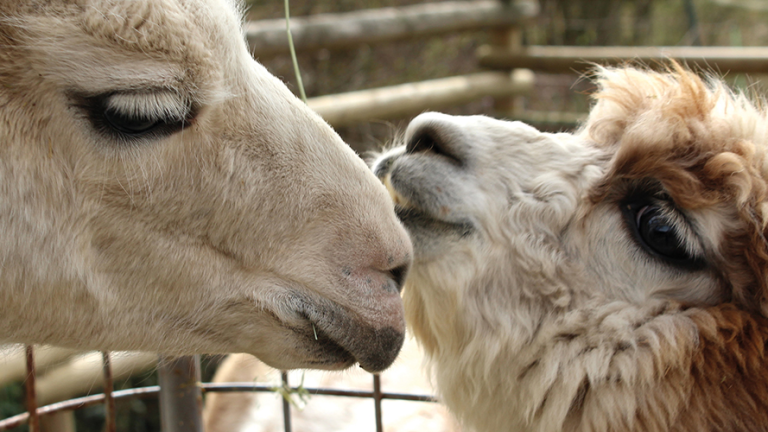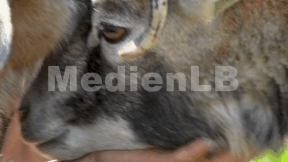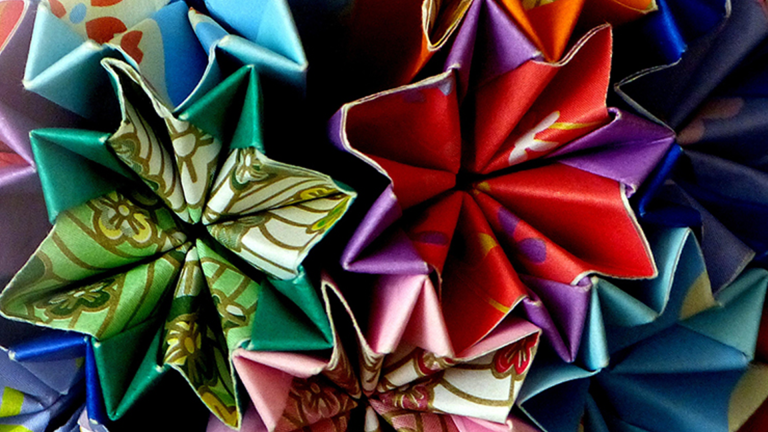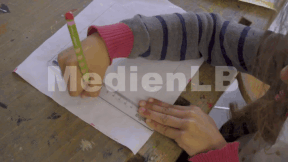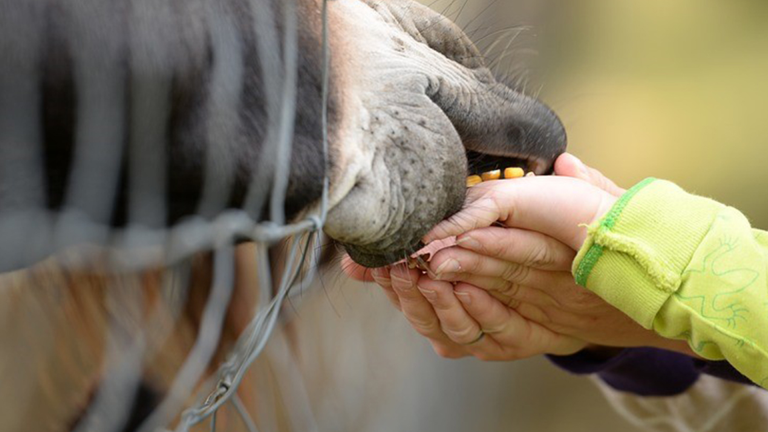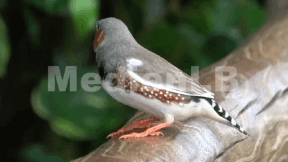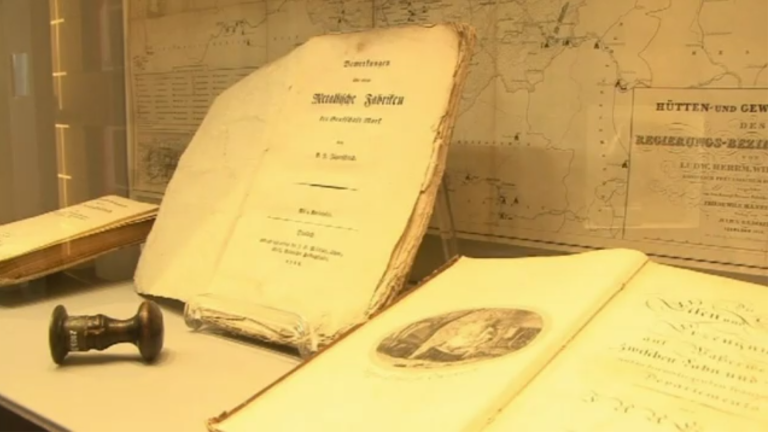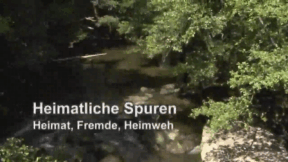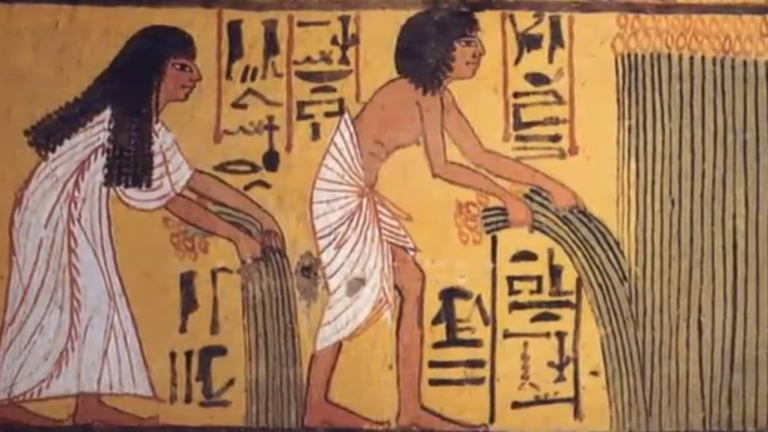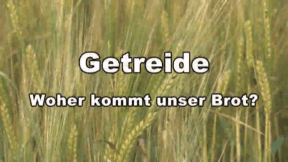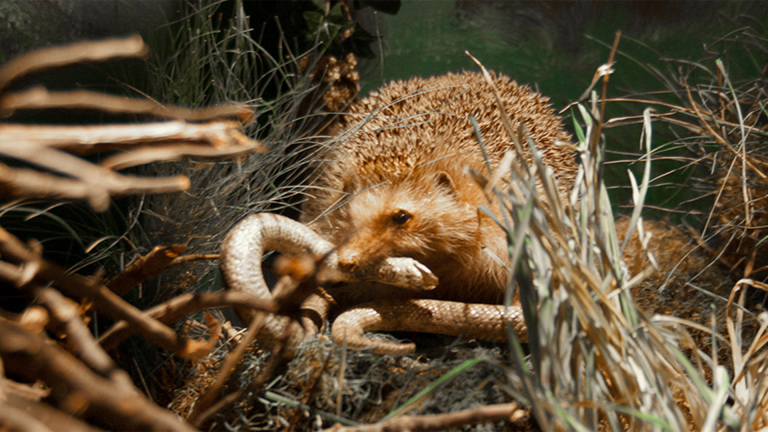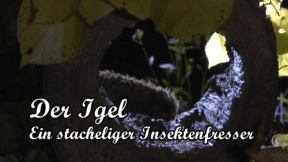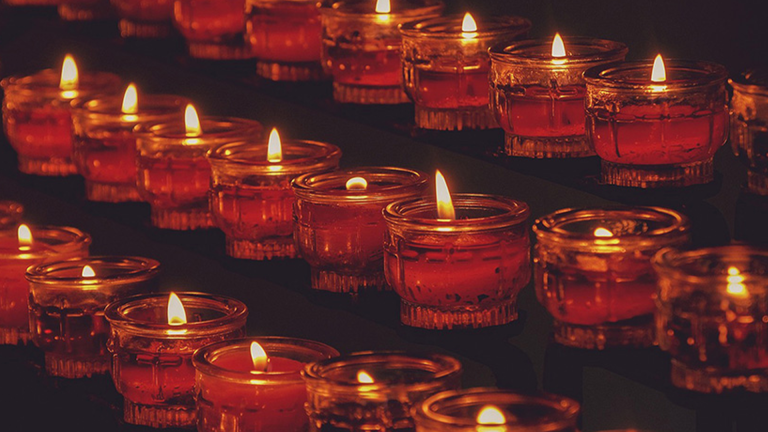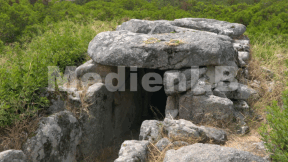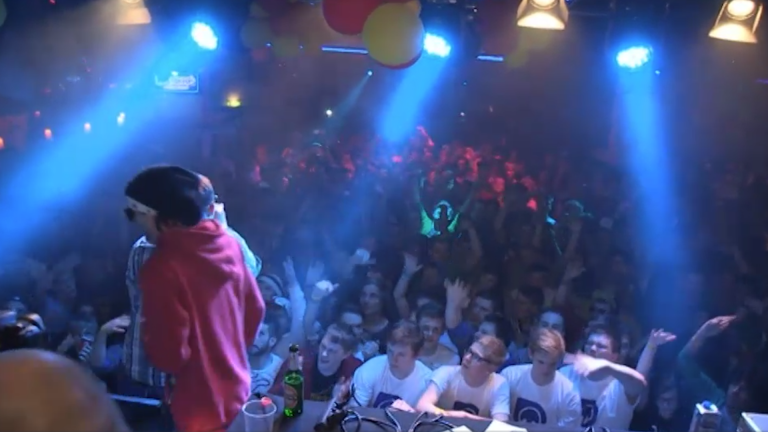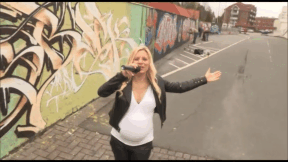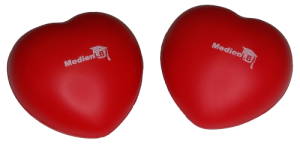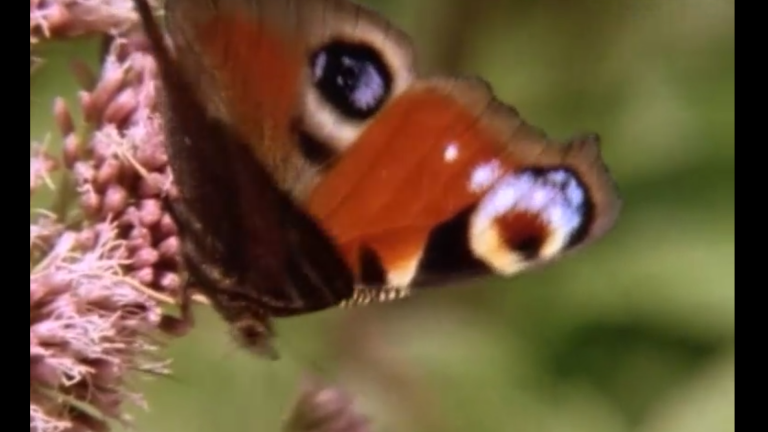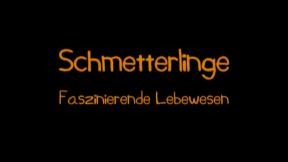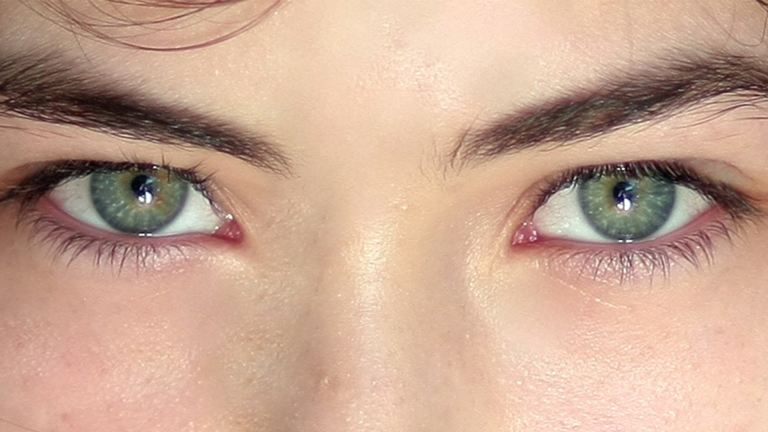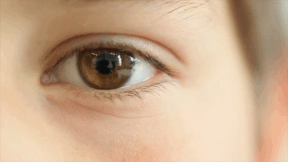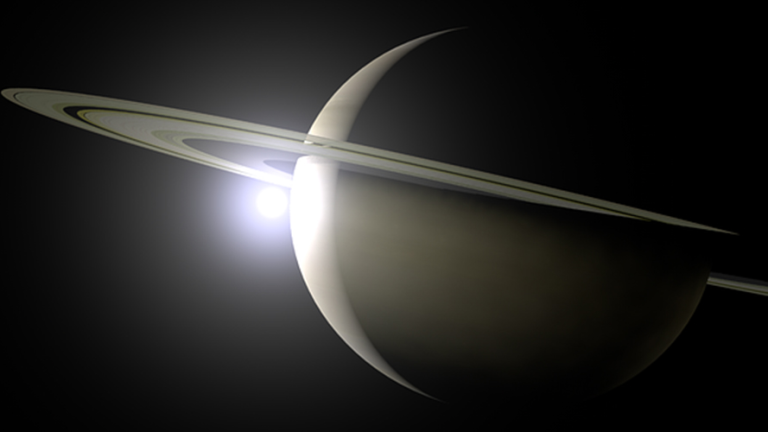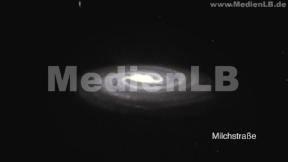Suche:
- # Artistry
- # Biology
- # Chemistry
- # Ecological
- # Economy
- # English
- # Foreign Language
- # Geography
- # German
- # Health
- # History
- # Informatik
- # Latin
- # Mathematics
- # Media Education
- # Music
- # Physics
- # Politics / Civics
- # Preschool
- # Primary School
- # Religion
- # Society
- # Sports
- # Technology
- # Training of Teachers
- # Vocational Education
Kirchen
Kirchen haben eine lange Tradition und von außen sind sie heute meistens gut erkennbar. Aber wie sehen Kirchen eigentlich von innen aus? Denn egal ob alt oder neu, groß oder klein ─ so unterschiedlich sie auch aussehen, die meisten Gegenstände findet man in jeder Kirche. Der erste Blick, wenn man eine Kirche betritt, fällt meist auf den Altar und auf das über ihm hängende Kreuz. Für die Hostien, die den Christen so wertvoll sind, gibt es in der Kirche einen ganz besonderen Platz ─ den Tabernakel. Im Tabernakel werden die geweihten Hostien nach dem Abendmahl aufbewahrt. In der Nähe des Tabernakels hängt das ewige Licht.
Learn moreMensch und Tier
Menschen und Tiere leben seit Jahrtausenden zusammen. Ursprünglich als reines Nutztier gehalten, entwickelte sich eine Beziehung zu einem Tier als reines Haustier. Neuer ist die Verbindung der engen Beziehung des Menschen zu Tieren und therapeutischen Anliegen. Im Film werden verschiedenste Tiere und deren therapeutische und unterstützende Wirkung vorgestellt. Ob mit Schafen, Alpakas, Ponys, Schulbegleithunden oder Blindenhunden – der Film geht der engen Beziehung von Mensch und Tier nach.
Learn moreWerken 1
Mit den eigenen Händen etwas herstellen, an dem man sich freuen kann – das lernen die Schüler im Fach Werken und Gestalten.
Learn moreZoo Learning
Seeing animals close up on a trip right in the middle of the city – this is possible on a visit to the zoo.
Learn moreHome
Everyone of us has a home. We primarily associate home with our families, which give us a sense of comfort and security. We have our home town where we were born, but what exactly is home? According to the encyclopaedia, home means all the conditions under which someone grows up. This DVD introduces all aspects of the topic of “home” – in a way easily understandable for children. Folk songs as well as films and novels with a regional background are examined closely. The relation between home and identity is explained. Home can take many forms due to different nationalities with their different languages, customs and traditions. However, despite all our cultural differences and ways of life, when seen from a distance, we all share the same home – our planet earth!
Learn moreGrain
The DVD offers spectacular insights into rural forms of work of former times and of today and into the work of a baker, so that pupils can easily comprehend individual work steps, too. In addition, the children gather information on the characteristics and use of the most important types of grains: rye, wheat, barley, oats and maize. The content of the DVD is excellently suited, on the one hand, to show the children that flour is an essential ingredient of baked goods and, on the other hand, to seize upon the pupils' various experiences with the staple bread. The DVD breaks down the topic "Grain" into the following main areas: baking bread, from corn to flour, types of grain and history of grain. The DVD is divided into four didactic units that can be dealt with separately via its menu structure. Moreover, the menu offers additional pictorial and diagram material. With the varied worksheets, test tasks and colour foils, the learning content of the DVD can be consolidated and the topic "Grain" enlarged upon during lessons.
Learn moreThe Hedgehog
It carries on its back up to 8000 spines although it is no more than 30 centimetres long. In spite of that it can assert itself very well against its enemies. Because this insectivore can roll up into a ball. Although the hedgehog is a wild animal, it likes to live near humans today. With simple explanations and beautiful film shots the pupils learn about the species-specific behaviour, the characteristics of our endemic common hedgehog but also about the threats it is exposed to. At night, the hedgehog is accompanied on its forays for food, by day, it can be seen sleeping deeply in its hideout, and when the mating season is over, six orphaned hoglets are accompanied on their way to maturity. The thematic fields focussed upon are habitat and distribution, characteristics, behaviour throughout the year, food, reproduction as well as protection and endangerment. The film arouses curiosity about and fascination for the hedgehog and furthers the pupils’ environmental awareness. Together with the extensive accompanying teaching material the DVD is perfectly suited for use in the classroom.
Learn moreKraft der Musik
150 Helfer und Helferinnen haben das gleiche Ziel: Die Show im Jahr 2012 soll noch größer und spektakulärer sein als alle bisherigen, denn es ist das 20-jährige Bühnenjubiläum von DJ BOBO. Mehr als 4 Millionen Menschen haben seine Shows bereits gesehen. Die Fans lieben seine Musik, vor allem aber auch seine speziellen Bühnenshows und die besonderen Lichteffekte. Seine Hits und die immer wieder gigantischen Bühnenbilder animieren die Zuschauer zum Kauf einer Konzertkarte. Die Tournee dauert 7 Wochen und 8 Trucks, die mit 140 t Bühnentechnik beladen sind, fahren von Stadt zu Stadt. Nur etwa 12 Stunden bleiben zum Aufbau der riesigen Showbühne.
Learn moreButterflies
Butterflies fascinate adults just as much as children. The colourful insects are beautiful to look at and herald the summer. We get to know the characteristics of their structure as well as similarities and differences of the various butterflies. Spectacular footage of the Hummingbird Hawk-moth show the development of a butterfly from egg deposition to caterpillar stage to pupation and hatching. During the development from egg to butterfly lots of enemies are lurking. We see various defensive measures and protection mechanisms of caterpillars and butterflies. We watch how the cheeky Death’s-head Hawk-moth walks straight into a beehive and sucks the honeycombs empty. With pictures that they can hardly discover themselves in wild nature the children are offered fascinating insights into the world of butterflies. The accompanying material provides a wealth of ideas for practical implementation in the elementary sector, such as handicraft suggestions, working with natural materials, recipes, suggestions for dances and performances as well as pictures for colouring, song texts and much more. Thus this DVD is a medium that should not be missing in any educational institution.
Learn moreEye
The eye is one of our most important sense organs. It provides direct access to the world.
Learn moreOur Solar System
Looking up at the cloudless night sky is something special. It is a spectacle that we are offered free of charge every clear night.
Learn more



